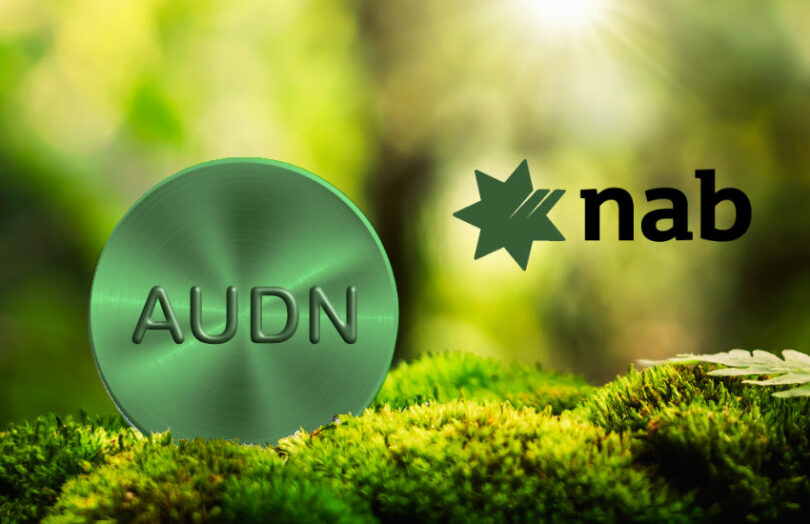Last week it was reported that National Australia Bank (NAB), one of the country’s big four banks, has issued a stablecoin AUDN, which is not yet widely available. A few days later, NAB confirmed a partnership with agritech startup Geora to use blockchain to record sustainable agriculture practices. The two initiatives are likely to overlap.
As background to the agriculture partnership, NAB has an ‘Agri Green Loan’ book, and the blockchain solution is being used to track that borrowers comply with the green covenants of the loan.
“With our stablecoin functionality, that can be characterised as a tokenised deposit, plus our use of blockchain to verify our green assets, a tokenised green deposit offering is certainly in NAB’s Digital Assets product development pipeline,” said NAB Chief Innovation Officer Howard Silby.
NAB sees a role for itself as an intermediary between investors looking to use their money for sustainable solutions, whether it’s parking their money in term deposits or bonds. On the other side, borrowers are adopting greener business models, such as the Leather Cattle Company, which is a NAB customer.
Geora’s private Ethereum blockchain is used to track the green credentials. Apart from using distributed ledger for food traceability, the blockchain startup envisages a future where tokenized agricultural products, agri-assets, are used as loan collateral.
Using blockchain helps to standardize the reporting across different loans, with the potential to create a green bond portfolio.
Circling back to the NAB stablecoin’s original purpose, the use cases are for cross border remittance, carbon credit trading, and a form of short-term finance in bond markets, which we assume is the reference to ‘repo‘.
The stablecoin plan
We were curious about the green aspect of the stablecoin and received the following response via email.
“We believe that elements of the future of finance will be blockchain enabled because it has the potential to help deliver instantaneous, transparent, and inclusive financial outcomes for customers as our economy becomes increasingly digitised,” wrote Silby.
“As a trusted financial institution we have an important role to play in advancing the maturity of the blockchain enabled sector. Our focus is very much on looking at use cases where there is high friction and clear customer benefit particularly for larger businesses in our Corporate and Institutional banking client base.”
“This could be in helping deliver instantaneous settlement for corporate clients conducting cross border remittance activities, or it could be in assisting with things like carbon credit trading activities that we know many of our clients are increasingly interested in pursuing.”
“We created our stablecoin on the Ethereum blockchain in December. It is not yet available for more widespread use. We will shortly start testing our stablecoin with internal transactions before we look to expand the use cases working closely with the needs of our corporate clients.”






